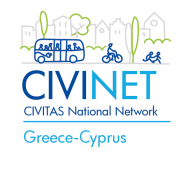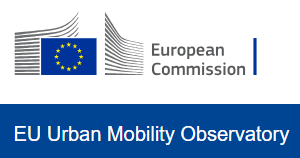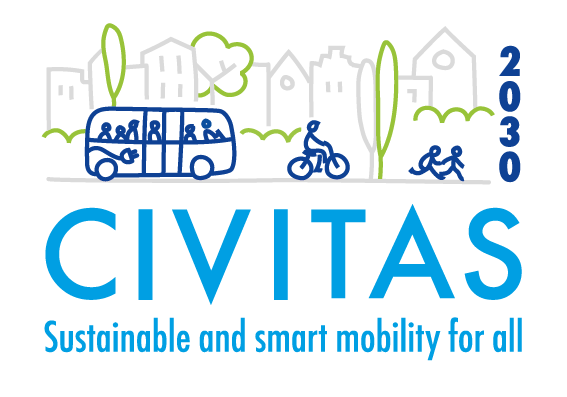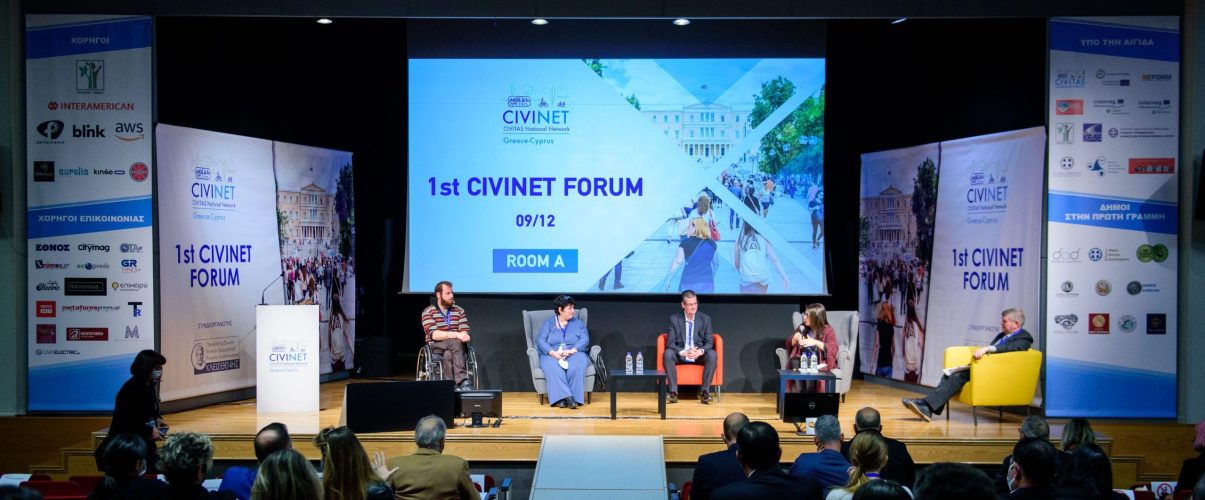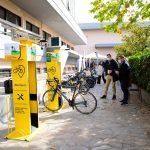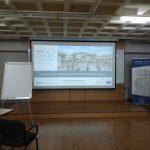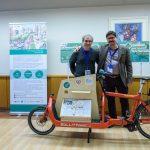The 1st CIVINET Forum that took place on the 9th and 10th of December 2021, at OTEAcademy, on the initiative of the CIVINET Greece-Cyprus Network and co-organized by the Panhellenic Association of General Secretaries in Municipal Authorities “Klesthenes”, can now be widely acknowledged as a historic moment as well as an important legacy for the Greek sustainable mobility community.
A new meeting event, a new institution for the exchange of knowledge and experience, that despite the adverse conditions of the era, has managed to gather more than 220 face-to-face and 500 remote participants, achieving the representation of more than 150 institutions from Greece and abroad. Bodies from the whole spectrum of public administration and local authorities, from education and research, from the private sector and the civil society.
The challenge of sustainable mobility for the Greek society on the Horizonof 2030, as set out in the title of the conference, was summarized in three main pillars according to the opening speech of CIVINET’s coordinator, Mr. Kosmas Anagnostopoulos:
- Managing mobility in pandemic conditions, redefining the concept of healthy cities and transport.
- Managing the climate crisis by decisively limiting the contribution of transport to it, so that the mobility of people and goods can be part of the solution rather than part of the problem.
- The drastic reduction of road fatalities or serious injuries, in a direction towards the horizontal introduction of 30 km/h speed limits in Greek cities and Vision Zero.
Many participants also raised issues concerning the institutional framework, the control mechanisms of the state and the procedures for the licensing and implementation of projects and policies for public space and urban transport.The management of small and large interests that oppose the shift towards sustainable mobility, the difficulties encountered in the consultation and participatory planning processes, the need for interdisciplinarity, but also the need for a long-term vision that the different local authorities have to follow, were also among the major issues discussed during the two-day event.
At the same time, emphasis was placed on the importance of cooperation between the different levels and sectors of public administration, the need for public-private partnerships, the participation of civil society in decision-making processes, a better responsiveness of research to the needs of local communities, and also the possibilities that modern technology offers for overcoming problems that were previously considered unsolvable.
Some other key points of the conference were: the socially just and inclusive transport, the focus on the needs of vulnerable groups and people with reduced mobility, the need for more green and better quality inclusive public space, as well as clean air and less noise in cities, the demand for safe alternative modes of transport with emphasis on public transport, walking and cycling.
Through a wide programme of 21 sessions and 3 exhibition sections, to which 112 speakers, 30 moderators and 15 rapporteurs contributed, critical topics of the period were covered, while the most outstanding speeches were those of M. Baldwin (DG MOVE), E. Kountoura (European Parliament), St. Diamantis (world wheelchair tennis champion), St.Stathopoulos (Green Fund), J. Caballero (EMW), F. D’hondt (ISOCARP, UN HABITAT), H. Vamberg (GEHL) and F. Dotter (CIVITAS).
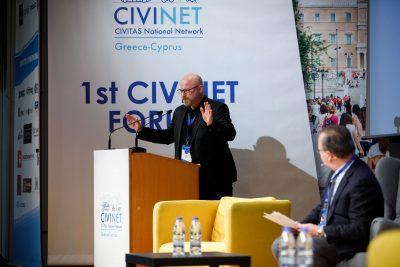
There were distinguished sessions on the SUMPs and the implemented projects of Greek cities and islands, as well as those on CIVITAS projects, Smart Mobility, Electromobility, Soft Mobility and everything related to citizen participation.The audience was fascinated by the presentations for various cities around the world, especially those for Tallinn, Berlin, Athens, Paris and New York.The two-hour workshops of INCIRCLE and URBAN TRANSPORTS were highly educational, while the session on the European Mobility Week, ECOCITY and the table of Civil Society organizations stood out for their liveliness and pulse. The private sector made its mark on the conference, both with live presentations and a lavish exhibition at the conference courtyard. The conference also featured student research papers presented in the form of poster presentations.
The organizing committee provided the best possible closing of the conference with a glittering ceremony for the presentation of the CIVINET Policy Advisory Committee Members, but also with a live music and dance show by the Jeepers Creepers and the Rhythm Hoppers to the sounds and rhythms of authentic swing jazz music of the Interwar period.
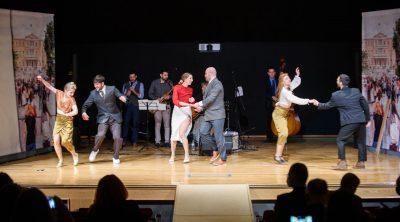
The 1st CIVINET Forum, implemented with the support of a 23-member organizing committee and a 26-member scientific committee, 9 sponsors, 17 communication sponsors and 17 auspices, laid a solid foundation for the immediate planning of the 2nd CIVINET Forum with October 2022 being the most probable month of implementation.
The audiovisual material of the conference, as well as the presentations of the speakers can be found here after being fully uploaded: https://events.oteacademy.gr/civinet/
List of participating bodies: https://bit.ly/3mt670T
